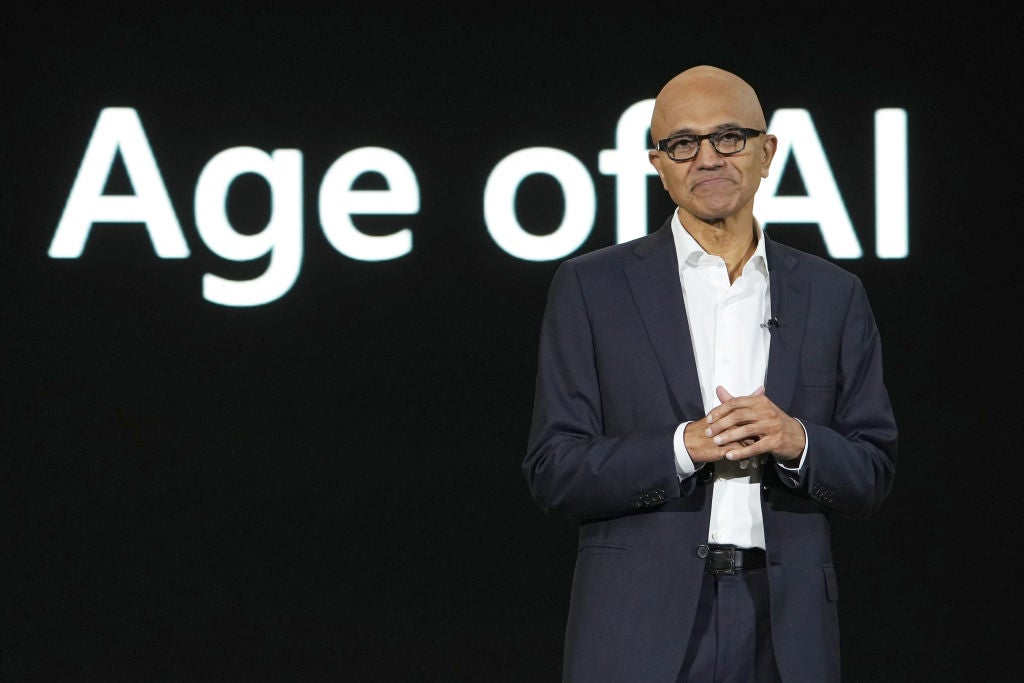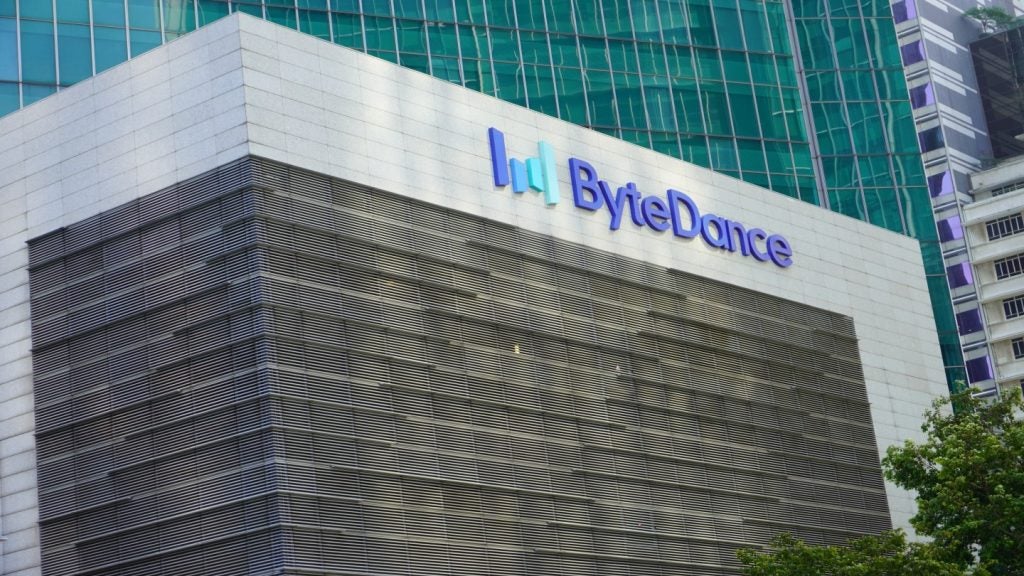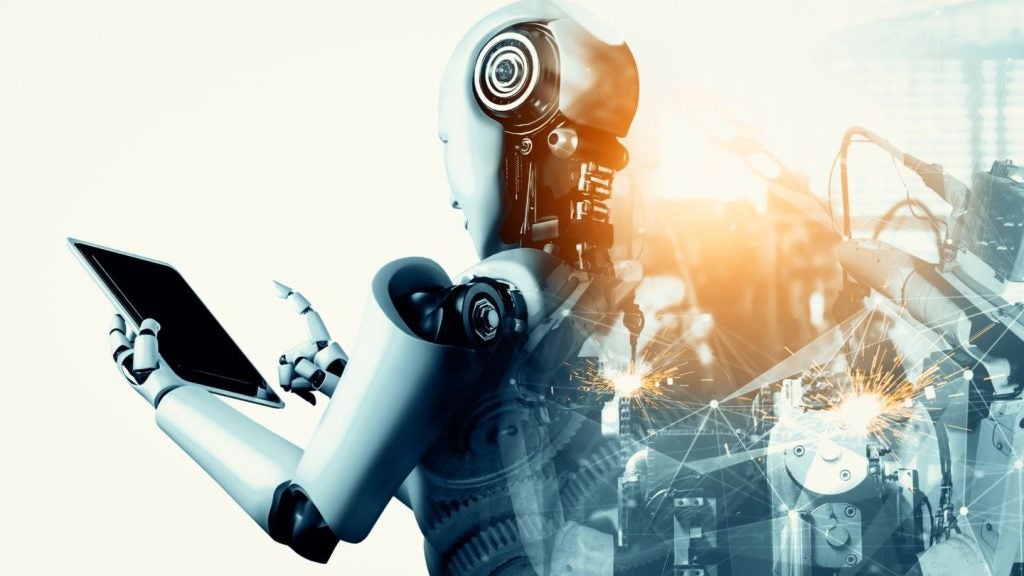
In January, Microsoft CEO Satya Nadella said 2024 will be the year of AI becoming the “first-class part of every PC”. This vision is expected to come to fruition on Tuesday as the company hosts its annual Build Developer conference.
The annual conference comes after a hectic week of high-profile AI launches. Google’s I/O saw the company roll out a large range of AI tools and software updates, while OpenAI strategically launched its long-awaited GPT-4o just one day prior.
Microsoft, a clear rival to Google and investor in OpenAI, has a unique advantage over other companies when it comes to AI dominance – its Windows software.
The company and other PC makers have had a challenge keeping PC and operating system sales in the green, as post-pandemic revenue dropped fueled by a slowdown in consumer spending.
Dell, the third biggest PC vendor in the world, cut its workforce in March after citing a downturn in PC demand. The move followed cuts in 2023, again citing a potential recession and the lack of PC demand.
However, Nadella’s comments in January indicate that the company is betting big on AI to get PC sales back to growth.
How well do you really know your competitors?
Access the most comprehensive Company Profiles on the market, powered by GlobalData. Save hours of research. Gain competitive edge.

Thank you!
Your download email will arrive shortly
Not ready to buy yet? Download a free sample
We are confident about the unique quality of our Company Profiles. However, we want you to make the most beneficial decision for your business, so we offer a free sample that you can download by submitting the below form
By GlobalDataMicrosoft’s Copilot chatbot is currently free-for-all in the company’s Bing search engine and for a fee in its Office suite.
Microsoft’s developer conference is expected to delve deeper into how AI will play a new vital role in Windows and how it can be used in a PC for a range of different tasks.
This could offer Microsoft a new pitch for consumers and enterprise customers to upgrade their computers.
What is an AI PC?
What sets AI PC’s apart from current hardware is the addition of a neural processing unit (NPU). This is a significantly more powerful chip than a traditional central processing unit usually found in PCs, and are designed specifically to handle AI workloads.
The NPU chips powering Microsoft’s AI PCs will be created by leading chipmakers such as Qualcomm, AMD and Intel.
These chips can handle AI processing tasks while offline, meaning users will likely be able to get Microsoft’s Copilot to aid them with tasks even when not connected to the internet.
In September, Intel demonstrated how its “Meteor Lake” chip could generate a Taylor Swift-styled song without the need for external cloud data centres.
“For the past 15 years, the dominant developer model has been cloud native,” Intel’s chief executive officer Pat Gelsinger said at the time. “We believe that the next decade or two of development isn’t cloud native, its edge native.”
“We see the AI PC as a sea change moment in tech innovation,” Gelsinger added.
In March 2024, Microsoft unveiled two new Surface PCs powered by Intel’s Meteor Lake processors at a Surface and Copilot virtual event. The company used the event to show how the AI PCs have been designed to address the needs of business users.
“We designed these products from the ground up with direct input from our business customers, incorporating requested features ranging from enhanced connectivity options to advanced security and performance capabilities,” Chauncey Larsen, senior product marketing manager at Microsoft, said in an accompanying blog post.
“These are our first AI PCs powered by the newest Intel Core Ultra processors, with a brand-new CPU and GPU, as well as an integrated neural processing unit – or NPU – for efficiently delivering AI acceleration,” he added.
According to market research from Canalys, 60% of PCs shipped by 2027 will be AI-capable, highlighting a significant shift in the technology landscape.
Will Microsoft’s focus on AI PCs pay off?
Microsoft has, so far, invested over $13bn into ChatGPT-maker OpenAI and leveraged its expertise to create and integrate a range of AI assistants into its software. The company has placed industry-leading AI into its Office suite, as well as in its search engine Bing.
“While of course it’s still early in the long-term AI monetisation opportunity, we feel good about where we are,” CFO Amy Hood said in a Bloomberg interview, following the release of Microsoft’s third-quarter results in April.
Microsoft also saw Windows revenue increase 11% in the quarter, following a stabilisation of demand for PCs globally. This puts the company in a promising position to capitalise on its investment in AI and its ownership of Windows.
Sanjeev Chhabra, managing director and CEO of telecommunications company Beetel Teletech, said the integration of AI into personal computing will “pave the way for a revolutionary transformation in how we interact with our devices”.
“Imagine a future where your computer not only responds to your commands but also anticipates your needs, streamlining tasks and enhancing productivity like never before,” he added.
GlobalData forecasts that the overall AI market will be worth $909bn by 2030, having grown at a compound annual growth rate of 35% between 2022 and 2030. In the GenAI space, revenues are expected to grow from $1.8bn in 2022 to $33bn in 2027 at a CAGR of 80%.
GenAI is expected to become ubiquitous across every industry and become a catalyst for broader AI capabilities such as machine learning, computer vision, and autonomous robots.







